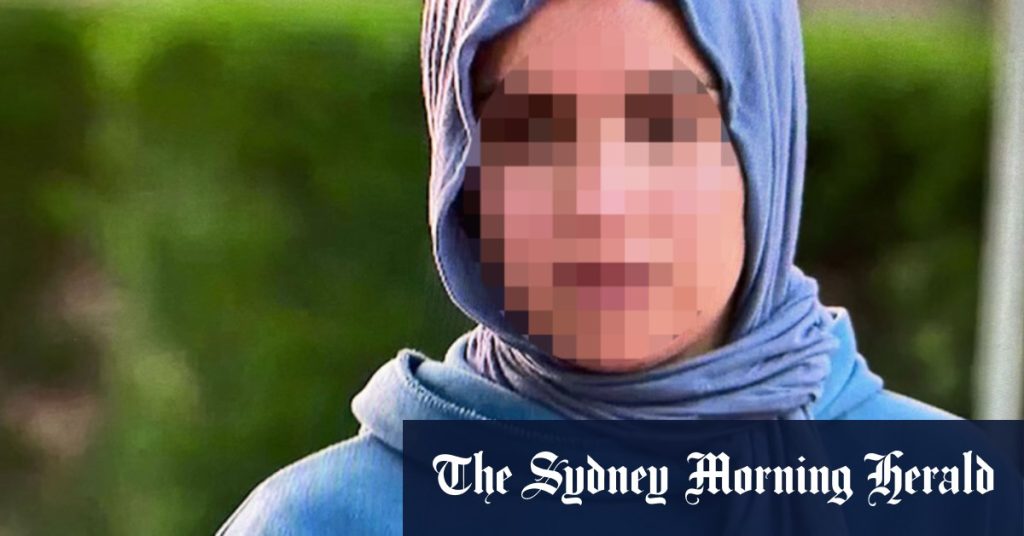A tragic incident occurred at Joondalup Health Campus where a mother, Nagham Al Hulow, was induced to give birth to her stillborn son, Amir. Al Hulow was discharged from the hospital on Friday without her baby, leading to her distress. A spokesperson for the hospital defended their actions, stating that Al Hulow had been monitored four hours after the induction, in accordance with established protocols. They also mentioned that staff followed usual processes in taking photographs and handprints of Amir, but there were concerns from the family about missing items. The hospital had to transfer Amir’s body for a post-mortem examination, which caused delays in the burial process due to Islamic customs.
The opposition health spokeswoman for Western Australia, Libby Mettam, called for a state-conducted inquiry into the incident, criticizing Health Minister Amber-Jade Sanderson for only directing the hospital to meet with the parents. Mettam emphasized that the parents, who were already going through a traumatic experience, deserve a thorough investigation and transparency. Minister Sanderson, on the other hand, stated that it was important for the family to have a meeting with the hospital as a first step to address their concerns about the care they received. The situation highlighted the need for improved communication and support for families facing such heartbreaking circumstances.
The hospital spokesperson clarified that there was no evidence to suggest that Al Hulow’s waters broke at 4:30 pm, and if that had happened, the care plan would have changed accordingly. The hospital staff complied with the standard procedures for stillborn deliveries, providing the family with a memory package including photographs and handprints of Amir. However, there were discrepancies between what the family received and their expectations, leading to further discussions with the hospital regarding missing items. Despite the hospital’s efforts to follow protocols and provide support, the situation revealed gaps in communication and understanding between the healthcare providers and the grieving family.
The delays in the burial process for Amir caused distress for Al Hulow and her family, as Islamic customs require prompt burials. The hospital explained that the transfer of Amir’s body was necessary for a post-mortem examination, a standard procedure in such cases. However, the impact of these delays on the family’s grieving process and adherence to their religious customs raised concerns about the sensitivity and understanding of cultural practices in healthcare settings. The incident highlighted the importance of culturally competent care and communication in supporting families during times of loss and grief.
The call for a state-conducted inquiry by the opposition health spokeswoman underscored the need for accountability and transparency in healthcare systems. Families facing traumatic experiences like stillbirths deserve to have their concerns addressed with honesty and thorough investigations. Minister Sanderson acknowledged the importance of allowing the family to express their concerns and receive support, signaling a commitment to improving communication and understanding in healthcare settings. The tragic incident at Joondalup Health Campus served as a reminder of the challenges faced by families dealing with loss and the importance of compassionate and culturally sensitive care in such situations.
Overall, the incident involving the stillbirth of Amir at Joondalup Health Campus raised important questions about protocol adherence, communication, and cultural sensitivity in healthcare. The responses from the hospital, opposition health spokeswoman, and Health Minister highlighted the need for improved support and understanding for families facing such traumatic experiences. The incident served as a catalyst for discussions on the importance of transparency, accountability, and cultural competence in healthcare settings. Moving forward, the focus should be on addressing the concerns of the family, ensuring timely and respectful care for families dealing with loss, and implementing measures to prevent similar incidents in the future.


